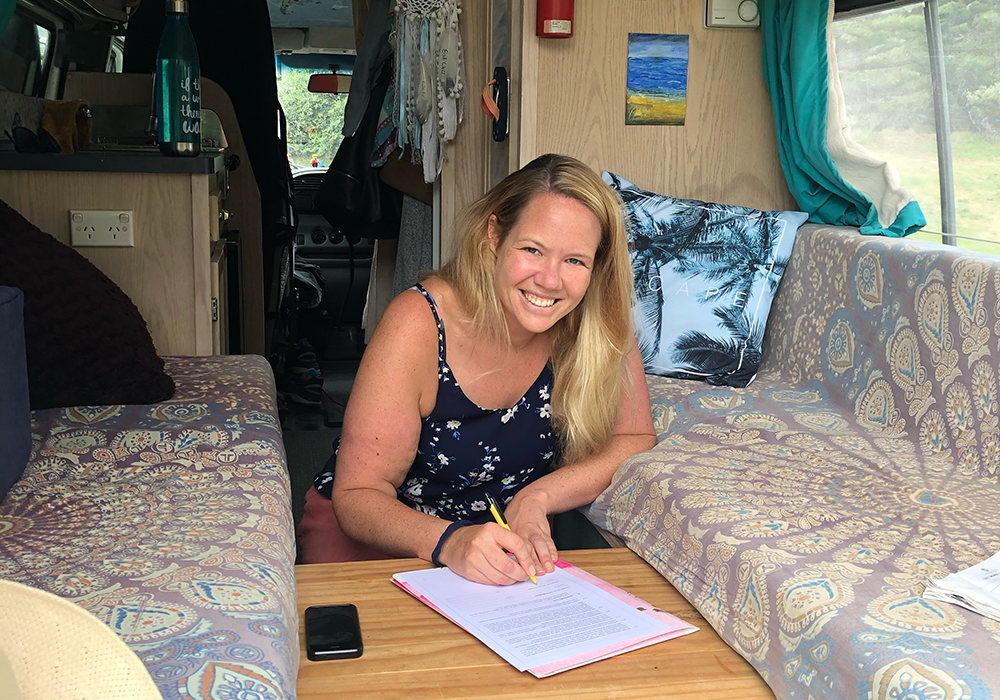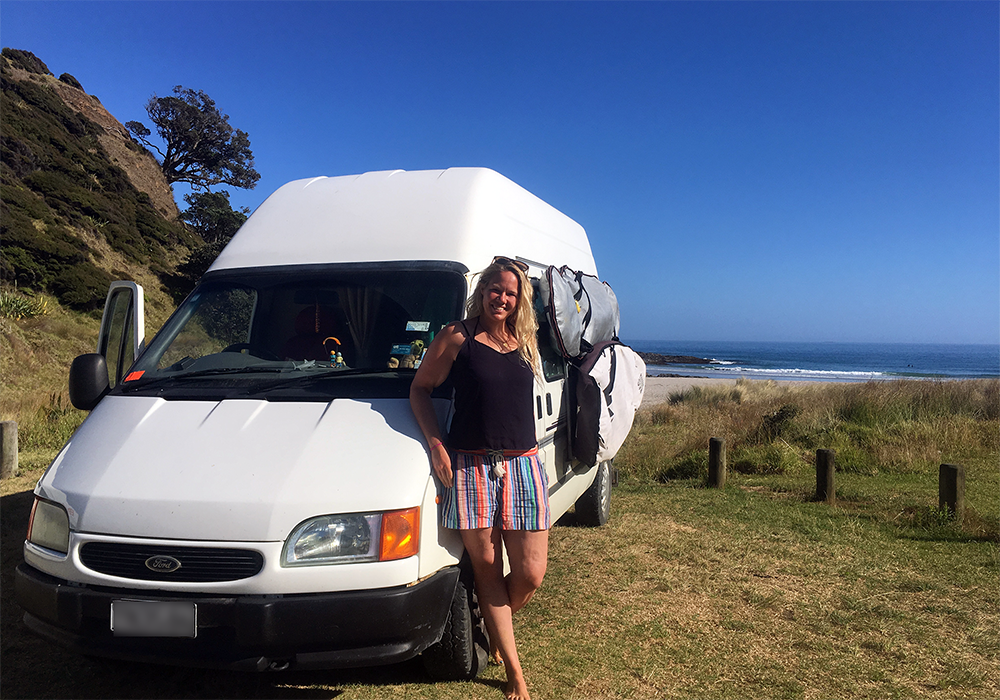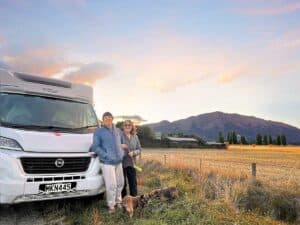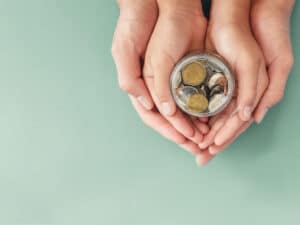By now, we’re all pretty well versed in Covid etiquette; mask wearing and keeping social distance is becoming our new normal. But do you know what to do if your home is your van or RV, and you’ve been advised to isolate? Full-time vanlifer and MCD writer Lisa Jansen lifts the lid on what self-isolation in an RV might look like.
Most Kiwis would probably agree that, so far, we have been fortunate in regards to Covid. For the most part, we have enjoyed a relatively normal life, and travelled freely around the country. However, with Omicron now in the community and elimination no longer the goal, it seems like it’s only a matter of time until most of us will come into contact with the virus in one way or another – and that likely means self-isolation.
If you are travelling in your RV, and you either don’t have a fixed home to return to, or it’s far away, there is a chance that you will be asked to self-isolate in your home on wheels. The Ministry of Health has confirmed this will become increasingly likely as Omicron spreads and MIQ facilities will be reserved for those most at risk. Therefore, it’s a good idea to make a plan to ensure self-isolating in your RV won’t be any harder than it has to be.
What to do if you have symptoms, are a close contact or were at a location of interest:
- Isolate in your RV immediately
- Call Healthline: 0800 358 5453. They will need to know a few things about your situation:
- Specifically mention that you are living/travelling in your RV
- Mention that you will need access to a public dump station and to fill up with fresh water
- Ask for advice on where to stay for the duration of your self-isolation period
- If you have a pet or any other special needs or circumstances, make sure you mention this.
- Get tested (follow advice from health officials on when and where to get tested)
- Find a safe place to stay for the duration of your self-isolation period. If needed, call the local council, Ministry of Health or campgrounds to ask for advice.
- Ask a friend to check in with you daily (this is especially important if you are on your own)

Self-isolation: how to prepare
Most experts recommend that everyone should prepare for self-isolation. However, if you’re isolating in a camper, this comes with some additional challenges. Here are the key things you want to consider.
- Food: Make sure you have enough non-perishable food to last a few days until you can get more delivered. Keep in mind that it might take a few days before you can book a supermarket delivery or organise someone else to drop off food.
- Water: Since most RVers will need to fill up their fresh water during their isolation period, it’s fair to assume that this will be allowed. However, it’s a good idea to have some extra bottled drinking water in case you can’t get to a fill station right away.
- Dump station access: As with water, most will need to use dump stations if isolating in their RV, so check with local stations and campsites to see if this will be possible. If you have the space, an extra toilette cassette could come in handy.
- Gas: If you have space, an extra gas bottle is a good idea. Alternatively, a small camping stove allows you to cook food if there are delays with getting a bottle filled.
- Power: You might not be able to connect to power while isolating. Think about how you can save power and what you would do if you ran out.
- Entertainment: Make a list of books to read or movies and series to watch, get a puzzle or materials for arts and crafts – anything that will keep you entertained.
- Prepare a Covid pack: If you do catch the virus, you’ll want to have everything to hand. Create a box with the following and keep it handy:
- Masks
- Gloves
- Sanitiser
- Tissues
- Throat Lozenges
- Paracetamol
- Nose spray
- Cough Medicine
- Thermometer
- Rubbish bags
- A pulse oximeter

Self-Isolation with pets
There is no official advice from the Ministry of Health regarding self-isolation with pets. With elimination no longer the goal and Covid expected to spread, you may be allowed to walk your dog as long as you can stay away from other people. However, it’s hard to predict what the exact advice will be. If you have a pet, make sure you mention this when communicating with the health officials and ask for their advice. It might be a good idea to think about a backup plan in case you are not allowed or able to care for your pets yourself.
More Advice
- The Ministry of Health’s official advice for people with COVID-19: health.govt.nz
- Official advice on how to prepare for COVID: COVID19.govt.nz
- The SPCA on how to best care for your pets during COVID-19: SPCA.nz
If you’re self-isolating right now, here are a few simple and healthy recipes to make looking after yourself a little easier:
To read more about how Lisa is preparing for Covid as a full-time vanlifer, visit lifedonedifferently.com/blog/
All information is correct at the time of publication and is subject to change in accordance with the Ministry of Health guidelines.






